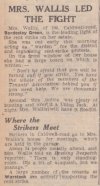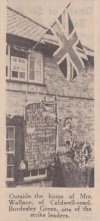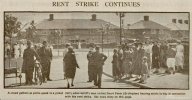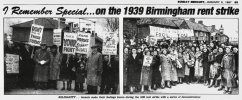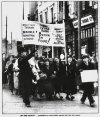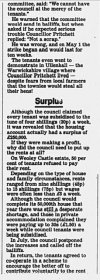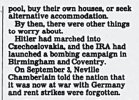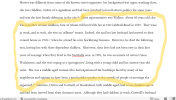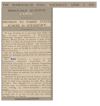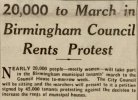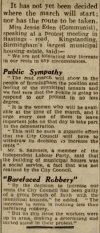jpsmyth
master brummie
I've started this thread as I've been researching my family history, presently around the Wallace surname. During this research I've come across articles featuring my Great Great Grandmother Caroline Jane Wallace (Maiden name Edge). The link came via a 1939 census record stating she lived at 106 Caldwell Road, Birmingham. At this time she was widowed and lived with her children:
Caroline Wallace: 59 - Widow
Joseph Wallace: 37 - Builder
Albert Wallace: 33 - Builder
Ivy M Wallace: 26 - Machinist
William Wallace: 21 - Assembler and inspector of sheet metals
In particular I'm trying to find photos of Wallace family members buried at the Witton Cemetery, I've used the usual "Grave" websites but oddly (for such a large cemetery) Witton has not been photographed much.
Caroline Wallace: 59 - Widow
Joseph Wallace: 37 - Builder
Albert Wallace: 33 - Builder
Ivy M Wallace: 26 - Machinist
William Wallace: 21 - Assembler and inspector of sheet metals
In particular I'm trying to find photos of Wallace family members buried at the Witton Cemetery, I've used the usual "Grave" websites but oddly (for such a large cemetery) Witton has not been photographed much.

